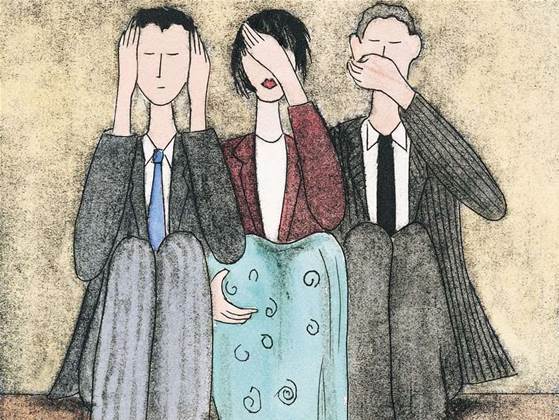Exetel reported in a forum post yesterday that it had completed its trial of a content-filtering system from New Zealand's clean-feed service provider, Watchdog.

An Exetel spokesman could not be reached for comment.
Watchdog is contributing hosted technology to the first round of the Federal Government's filtering trials.
Watchdog's website listed it is testing Marshall 8e6, NetClean and its own tunnelling technologies.
The Exetel trial, which is separate from the Government's, looked only at Netclean WhiteBox technology.
Exetel reported about 20,000 hits against a filter list of approximately 2,000 uniform resource locators or URLs represented by 198 individual IP addresses.
They are "allegedly part of an IP range that do contain child pornography", Exetel chief executive officer John Linton said in a blog post.
"The figure of 20,000 doesn't represent that there were 20,000 hits on the actual child-pornography IP [addresses in that range]," Linton said.
"If you consider that Exetel has only around 1 percent of internet users in Australia then you might, as I was, be more than a little surprised at how many paedophiles that implies there are in Australia - not 20,000 ... but perhaps 100-plus."
He said that blocking ranges was a flawed policy because of the "ease of which it can be got round".
In its forums, Exetel said there was "no measurable impact on any Exetel router" or on the speed of internet access to sites that weren't blocked.
But it didn't stop 56 Exetel customers from reporting problems that they attributed to the filters. Exetel said they were not related to the trial.
Exetel said that by early Wednesday, four customers reported that the filter had resulted in slow internet connections but the technology had not been turned on at that stage.
A further 11 reports of poor or degraded performance were received in the first day of the trial.
"All the reports were for sites not in the filter list or reports of general degradation of performance that could not be related to the filter trial," Exetel said.
Exetel disengaged the filter at 11pm on Wednesday and did not bring it back up until 9.45am the next day.
"Over that time, seven more reports of degraded service attributed to the filter trial were retrieved," the ISP said.
Three customers said they would cancel their Exetel services because of the trial, Exetel said.
One of those is Melbourne search engine optimisation business, Stewart Media. Its founder and chief executive officer, Jim Stewart, indicated his intention to shift his customers away from Exetel.
"I've got a fundamental opposition to the Government's filter plan," said Stewart, an anti-filtering advocate who recently appeared on ABC's Q&A episode on the issue.
"I'm not going to sit back and spend money with a company that's putting something in place I don't agree with."
Exetel concluded the trial by revealing the cost to implement a mandatory, non-optional filter system "would be in the order of $6 per year, per user".
It flagged the possibility to offer content filtering to users for an additional $5 charge, which would see Exetel follow the lead of participants in the Government's trials.
iPrimus revealed it may pre-empt the Government by subscribing businesses to a monthly product.
Participants such as OMNIconnect indicated this could be a commercial path they would follow.


_(23).jpg&h=140&w=231&c=1&s=0)
_(28).jpg&h=140&w=231&c=1&s=0)

_(20).jpg&h=140&w=231&c=1&s=0)





 iTnews Executive Retreat - Security Leaders Edition
iTnews Executive Retreat - Security Leaders Edition
 iTnews Benchmark Awards 2026
iTnews Benchmark Awards 2026
 iTnews Cloud Covered Breakfast Summit
iTnews Cloud Covered Breakfast Summit
 The 2026 iAwards
The 2026 iAwards











_(1).jpg&h=140&w=231&c=1&s=0)



